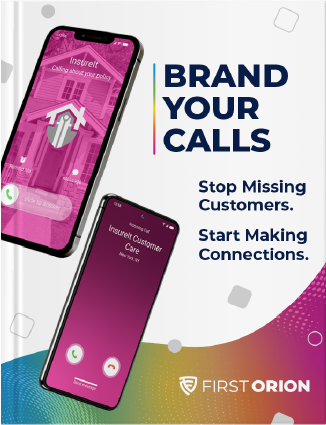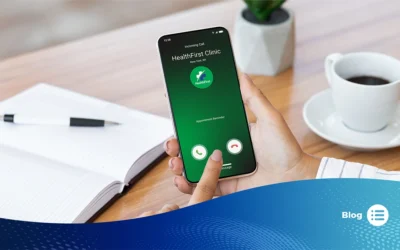According to our latest survey, the scammers are working smarter – not harder – in 2020. While the volume of scam calls reported stayed on par with previous years, we saw the number of people falling for those calls skyrocket. Compared to 2019, scammers were 270% more successful in getting personal information from their victims in 2020. Learn more about how to protect yourself against phone scams below.
How to Protect Yourself Against Phone Scams
If the scammers are getting more effective at deceiving their targets – you’re probably wondering what you can do to increase your guard against these tricky calls.
- Ensure you’re taking advantage of all of the protections offered by your mobile carrier. Talk to them if you’re unsure – there could be services to activate or even applications to install that could provide protection against scam calls. T-Mobile, for example, offers Scam Shield as free protection for their subscribers.
- Do not answer calls you don’t recognize whenever possible. Scammers benefit significantly from your inability to know who they are or when they are calling. If you’re a business that’s worried about getting your anonymous calls answered, let’s chat.
- If you do answer a call you believe to be suspicious, don’t provide any personal information to the caller unless you’re confident they’re legitimate. If you have any doubt – visit the company website to get the official number and call to speak with someone directly from that organization.
- If you experienced a call you suspect came from a scammer and may have provided personal information to, there are verified non-profit organizations designed to help you after the fact. The Identity Theft Resource Center has a number of resources, including phone support, to assist you. We’ve also written a few blogs on the subject.




